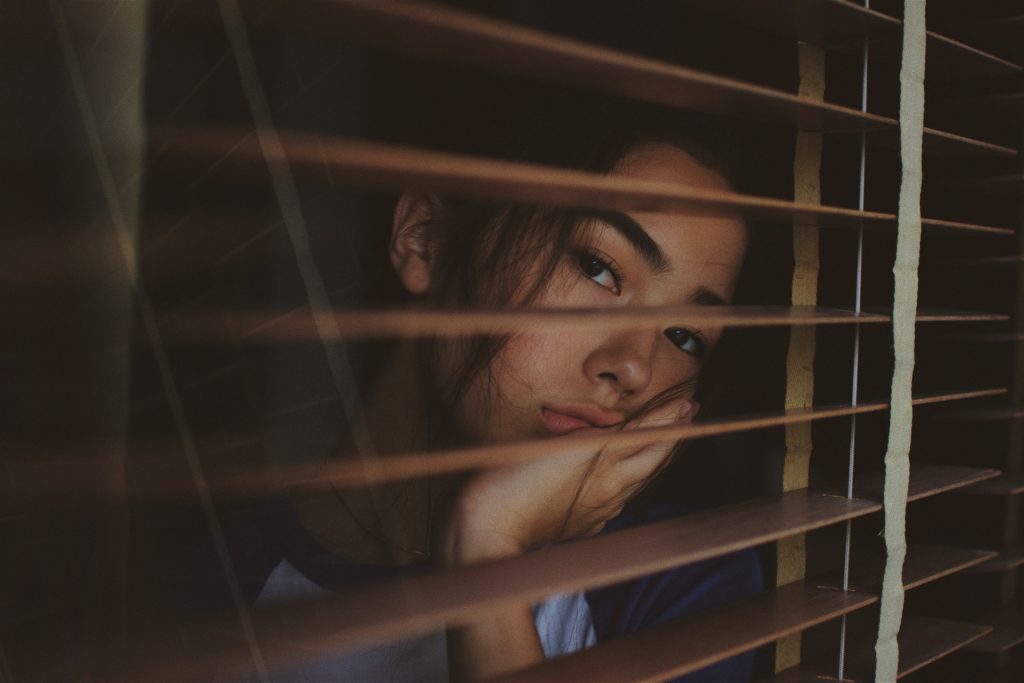I recently (binge) watched It’s Okay to Not Be Okay, a Korean TV series (or K-drama for the fans) on Netflix and cried during each and every episode. It may sound bad, but it’s really quite the opposite. It is not only a very well written and played show (in my opinion), but it also addresses mental illness and disability, which is not a common subject in dramas or shows in general. One of the things I appreciate about Asian cinema is the raw and profound take on life and certain situations that are hard to digest and therefore seem to be illustrated less.
Because a short summary would still have some spoilers, I will just mention the main characters (with letters instead of real names) and let you discover, if you please, the entire story and its twisted beauty. G is the male lead, a caregiver working at a psychiatric hospital. S is his brother, with autism and trauma related to a childhood event. M is the leading lady, a children’s books writer with her own family trauma.

“If you can’t erase it, you just need to cover it with something better.”
Despite his autism, S has an extraordinary memory and is a very talented artist. Because it’s not easy for him to recognize emotions on people’s faces or to “read the room,” he is bluntly honest and straightforward about everything. I find this oddly refreshing and it’s something that the people around him are generally bothered by, but didn’t know they needed. Even though he is constantly terrified by an event that happened in the past, on top of his daily challenges, he manages to change, grow and adopt a new perspective that helps him heal. With some support and patience, he is able to codify a different meaning for the very thing he was afraid of, which is nothing short of outstanding.
Seeing the way this actor honored the role and depicted autism in an adult person with that type of background, made me realize how strong humans are. In particular, how strong different people are. Of course it’s not easy taking care of someone like that (and that’s a different conversation), but neither is being one. As a person with anxiety and a few other ‘gifts’ (not to that extent), I guess I resonated a bit too much with this character and it impressed me in more than one way.
“Don’t forget any of it. Remember it all and overcome it.”
Many adults struggle with unresolved childhood trauma that affects their life and relationships. And many times that trauma is connected to their caregivers. This is the case of our leading lady M, who is carrying an inner conflict between what she wants and the fear of becoming or acting like one of her parents. The outcome translates into pushing away and sabotaging what she wants and needs because she’s afraid of repeating their actions and mistakes, since that dynamic was all she saw growing up.
It takes a few more impactful events and the patience and love of those around her, but in the end she realizes she is not her parents and doesn’t have to be. As difficult as it was to cut and heal what was painful yet familiar, it was the only way she could free herself and change the narrative of her own story. We are not what happened to us. It’s a sign of strength to ask for help. And yes, it’s always easier said than done, but that’s why we are not alone (even when it feels that way).

“When you’re tired get some rest. When you’re sad, go ahead and cry. It’s okay to take a break.”
G didn’t really have a childhood because he was entrusted with taking care of his disabled brother, which he did successfully. Unfortunately, that’s all he did. Being the responsible one without a break for so many years took a toll on him on more than one level. When we can’t enjoy each stage of life as it unfolds and we suppress our emotions and true self (assuming we know who that is), we accumulate negative feelings and may feel somehow stuck in the past.
Life takes G back to his hometown where he faces his past, falls in love, heals his soul, makes new friends and starts creating the future he deserves. Through all of it, he had help from people who care about him and his brother, including the director of the hospital where he works. I’m fond of this particular character due to his quirky nature, kind heart and strong stance against injustice. You’ll see what I mean if you watch it.
“You shouldn’t be embarrassed about being sad.”
I particularly liked one scene when G stood by a patient who had been wronged by her father and helped her heal some old wounds by giving her a choice—to kick him out of the hospital or to protect her while she finally said to her father everything she needed to say for a long time. The ways in which we can help someone can be as simple as that and can make such a huge difference. Kindness and understanding have the potential to mend the world.
Get more like this—Sign up for our daily inspirational newsletter for exclusive content!
___
Photo: Joshua Rawson Harris via Unsplash; Michal Mrozek via Unsplash




